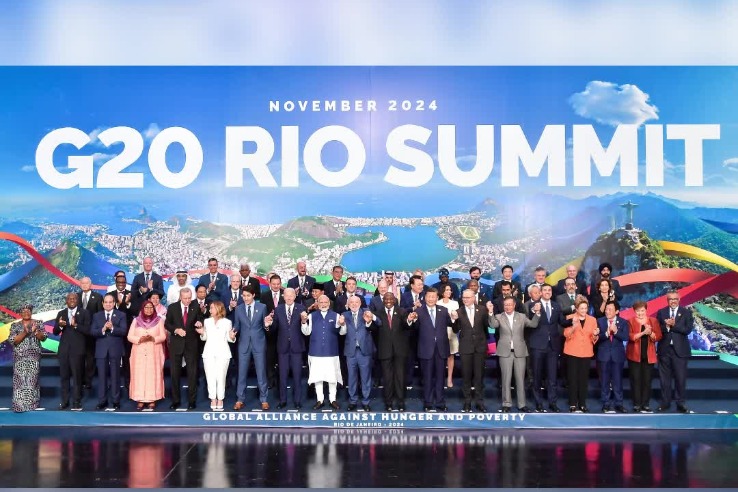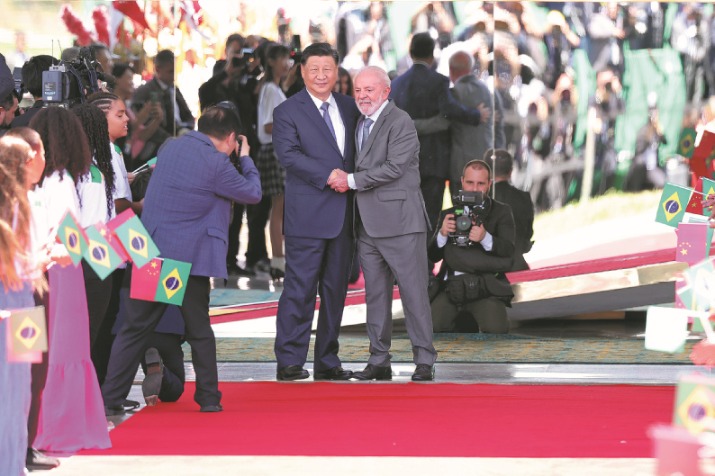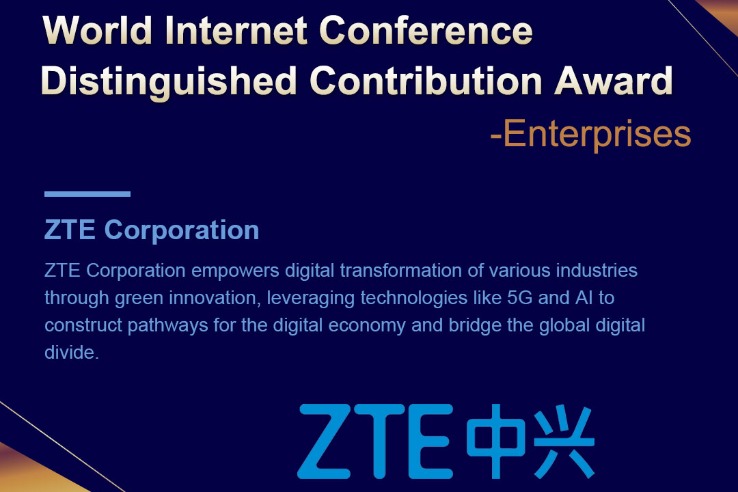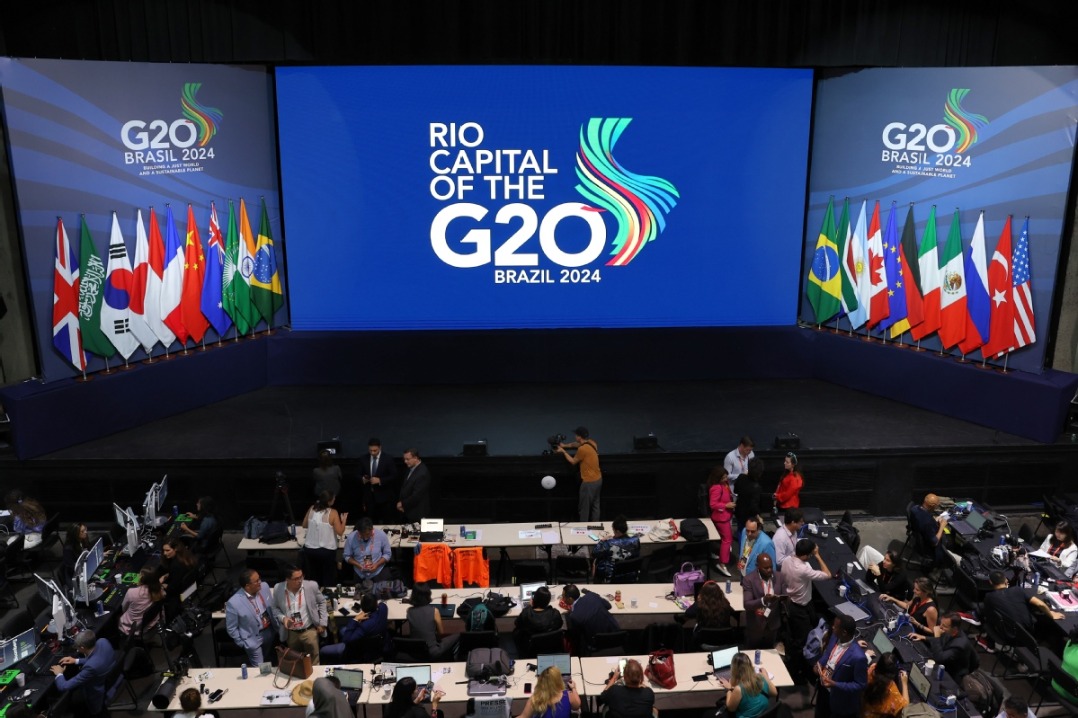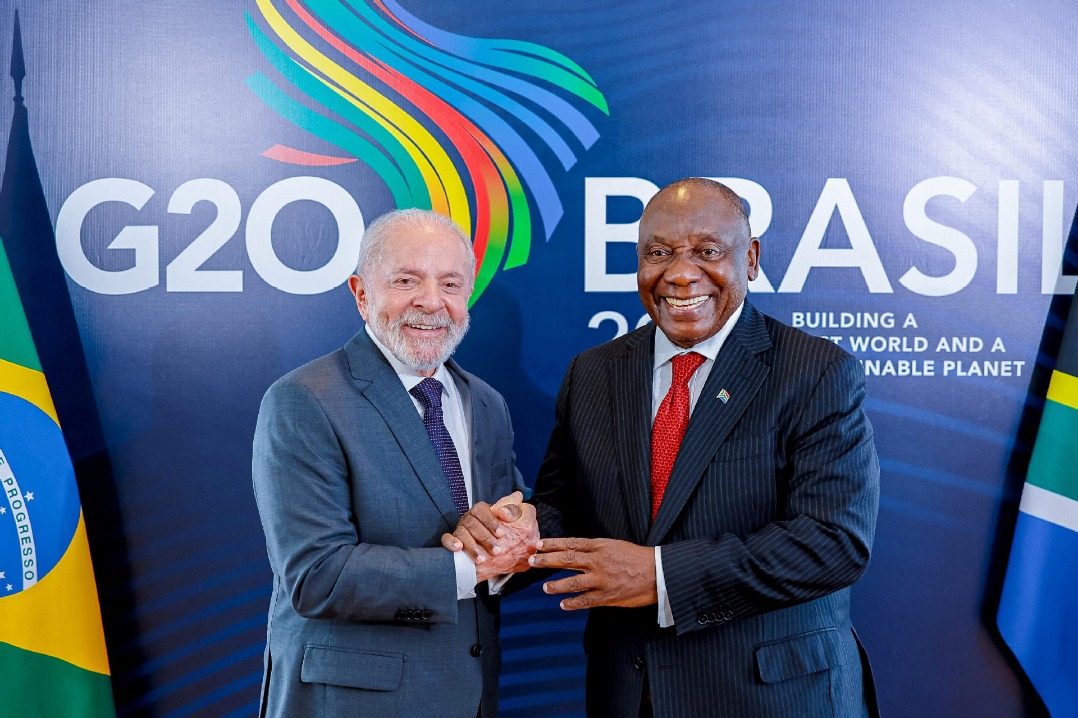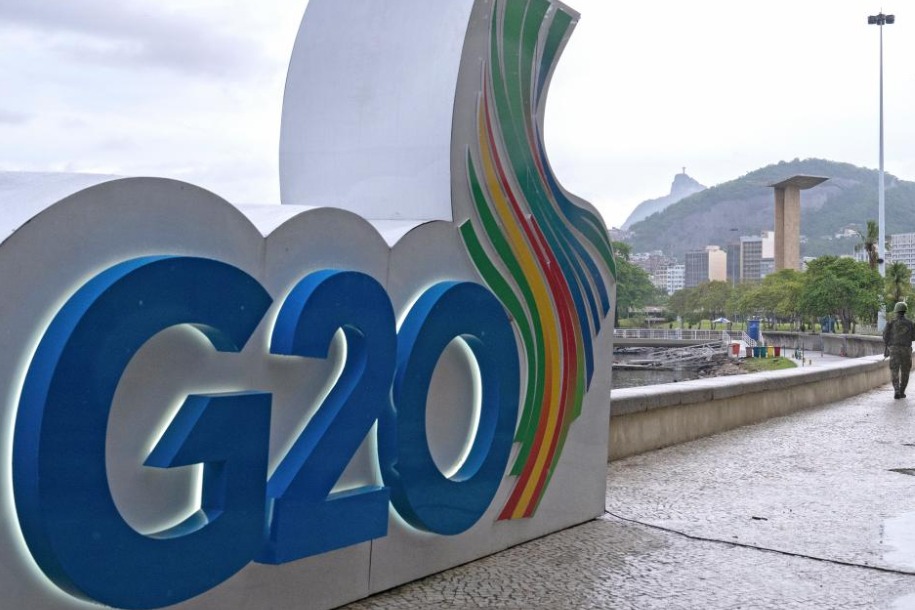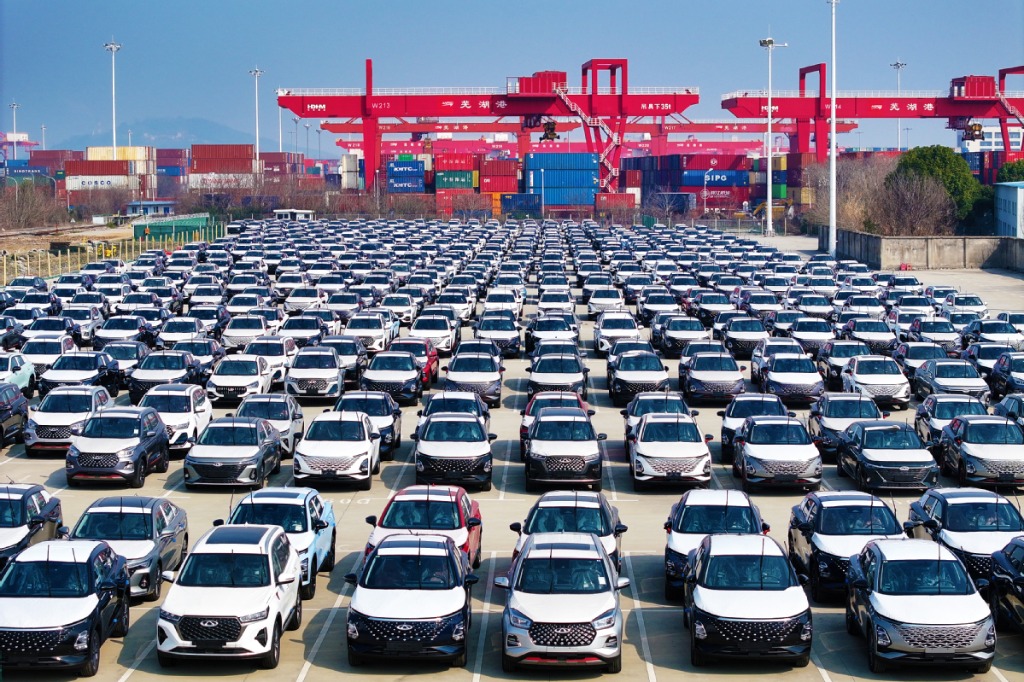China: A vision of inclusive development

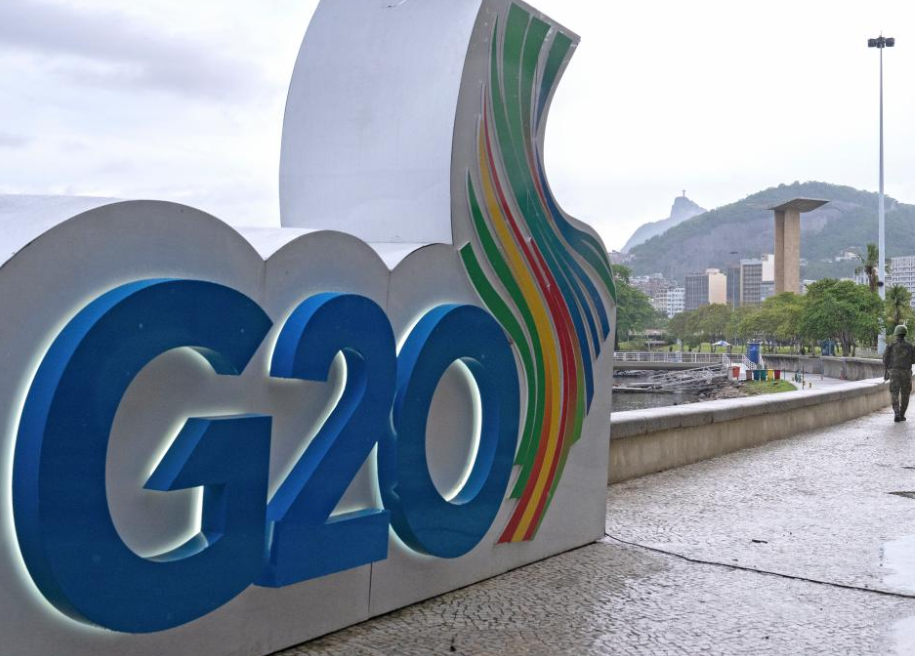
The just-concluded G20 Summit marked a critical moment for global governance, and offered China a platform to share its vision of inclusive growth, equitable global governance and pragmatic cooperation. President Xi Jinping's proposals at the G20 Summit in Rio de Janeiro, Brazil, underscored China's commitment to upgrade its efforts with the Global South in order to address pressing global challenges.
President Xi's emphasis on the Global South was not just rhetoric but a genuine belief in making the global governance system fairer and more representative. By championing initiatives like the Initiative on International Cooperation in Open Science and pledging to increase imports from developing countries to $8 trillion by 2030, China reinforced its role as a partner of developing countries. The approach highlights China's broader outlooks of global affairs: fostering South-South cooperation and amplifying the voices of emerging economies on the global stage.
Xi also outlined China's eight actions for global development, which include expanding the Belt and Road Initiative, safeguarding food security and promoting international cooperation in science and technology. This aligns with the developmental goals of the Global South — the Chancay Port inaugurated just a few days before in the region serves as a good example.
The China-proposed Global Development Initiative is the second most important of the eight actions for global development, preceded only by the Belt and Road Initiative. To promote the eight actions, China is pushing forward a Global South Research Center, which will help the Global South countries to boost their science and technology capacity. China has also committed to allocating $20 billion of development funds to help developing countries alleviate poverty, safeguard food security and promote the digital economy.
China has honored its promise of promoting high-standard opening-up and further opening up its economy to the least-developed countries (LDCs).Among China's eight actions is the decision to give all LDCs that have diplomatic relations with China zero-tariff treatment. China's support to the least-developed countries shows its commitment to economic equity and inclusive development.
China's support to Africa is another aspect of its commitment to the Global South. The China-Africa partnership has gained in strength over the past years, and its financial commitments to Africa — 360 billion yuan ($49.7 billion) — further reflect Beijing's resolve to bridge the development gaps between countries and promote inclusive development.
The G20 declaration's focus on food security and poverty reduction, too, bore China's imprint. China's decision to join the Global Alliance against Hunger and Poverty, coupled with its leadership in organizing the G20's first Development Ministerial Meeting, demonstrated its ability to drive meaningful cooperation. Additionally, the promotion of clean energy investment through the Belt and Road Initiative and digital governance initiatives reaffirmed China's role as a leader in sustainable development.
The Chinese side also used the summit to bolster bilateral relations, holding high-level talks with the leaders of the United Kingdom, Australia, Argentina, and Brazil. These diplomatic interactions showed its willingness to navigate complex relationships and pursue mutually beneficial partnerships despite the growing challenges.
While the G20 Summit achieved progress in several areas, it also highlighted the serious global challenges. Geopolitical tensions, climate change, food insecurity and poverty are pressing issues that require coordinated action. The fact that the Russia-Ukraine and Israel-Palestine conflicts in Eurasia and the Middle East cast a shadow over the summit underscored the difficulties of forging consensuses on contentious issues.
The joint declaration's ambiguity on the conflicts, while necessary to promote unity, reflected the limits of multilateral diplomacy. Similarly, the push for United Nations Security Council reform, though widely supported, lacks a clear path due to diverging national interests.
Global economic inequality, too, remains a serious concern. The proposal to tax the ultra-rich, championed by Brazil, to create a more equal world gained traction but also faced resistance, particularly from Argentina. The mixed reaction to the proposal underscored the challenges of implementing transformative fiscal policies in a fragmented world.
China's role in tackling these challenges is pivotal. As a major economic power and an advocate for developing countries, China has the capacity to find inclusive global solutions. For example, China's leadership in green energy and its promotion of a "Green Silk Road" can help mitigate climate change while fostering sustainable development.
Moreover, Beijing's support for food security initiatives, evident in its decision to join the Global Alliance against Hunger and Poverty, makes it a critical partner in reducing global hunger and poverty. And its increasing investments in technology and digital cooperation frameworks, particularly those targeting the Global South, can help narrow the global digital divide and empower marginalized communities.
On the geopolitical front, China's emphasis on dialogue and diplomacy aligns with its broader vision of a multilateral world order. By promoting peaceful resolutions to global issues and balancing great power rivalries, China can help defuse global tensions and maintain global stability.
The G20 Summit was a testament to the complexity of global governance in an era of growing challenges. Amid these difficulties, China's practical initiatives offer a vision of hope to the world. By prioritizing the needs of the Global South and championing inclusive development, China reaffirmed its commitment to building a fairer and more resilient world.
Wang Zhengxu is a professor at the School of Public Affairs, Zhejiang University; and Meng Jingwen is a research fellow at the School of International Relations, Sun Yat-sen University. The views don't necessarily represent those of China Daily.
If you have a specific expertise, or would like to share your thought about our stories, then send us your writings at [email protected], and [email protected].

















